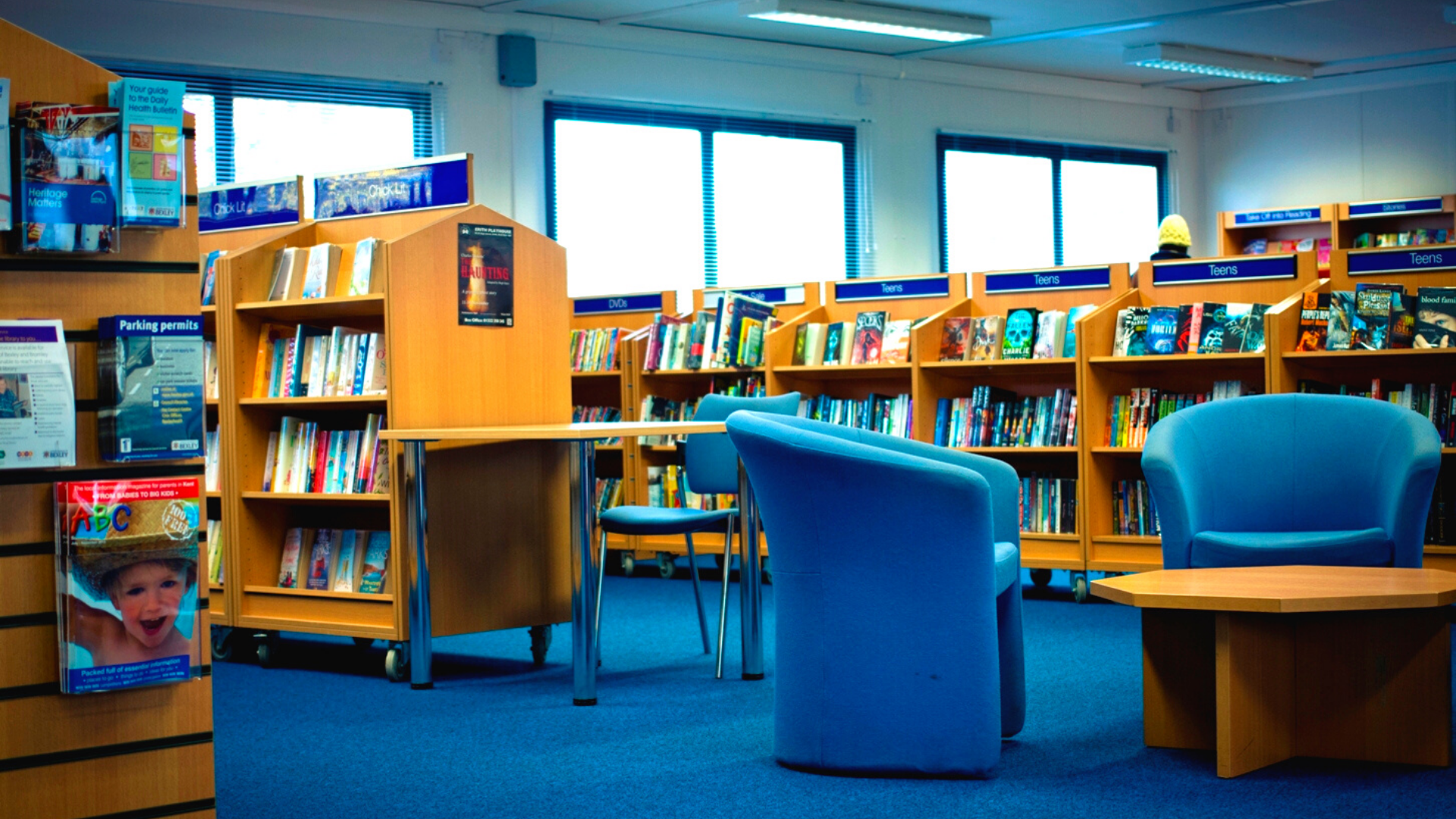We all know the emotional power of a public library – those palaces of learning and ideas on high streets and village greens across the nation. But did you know that their impact goes far beyond reading and access to council services? They also have a powerful role in driving inclusive local economic growth and making a powerful contribution to our national economy.
According to Arts Council England, the economic ‘return on investment’ of local library services breaks down into two broad categories – direct and indirect.
Developers in the UK and elsewhere have cited the ‘halo effect’ of library usage for surrounding retailers, bars and restaurants – essentially, any business that relies on passing footfall benefits from having a library nearby. In some cases, the creation of a modern, attractive library venue has resulted in increases of up to 10 per cent in revenues for local business. There is even emerging anecdotal evidence of the positive impact of libraries on local property values.
Support The Big Issue and our vendors by signing up for a subscription.
In addition to the positive impact on local footfall and spending, libraries are increasingly providing direct support to the business community in their area. Since 2016, the British Library has established 14 ‘Business & IP Centres’ in city centre libraries across the UK (with more in the pipeline), with fantastic results. These BIPC Libraries have supported the creation of 12,288 businesses and 7,843 jobs – a ‘gross value added’ (GVA) of £78m, representing a return-on-investment ratio of 4:1.
Books were borrowed from public libraries more than 166 million times in 2019-20, with significant increases in e-lending too










